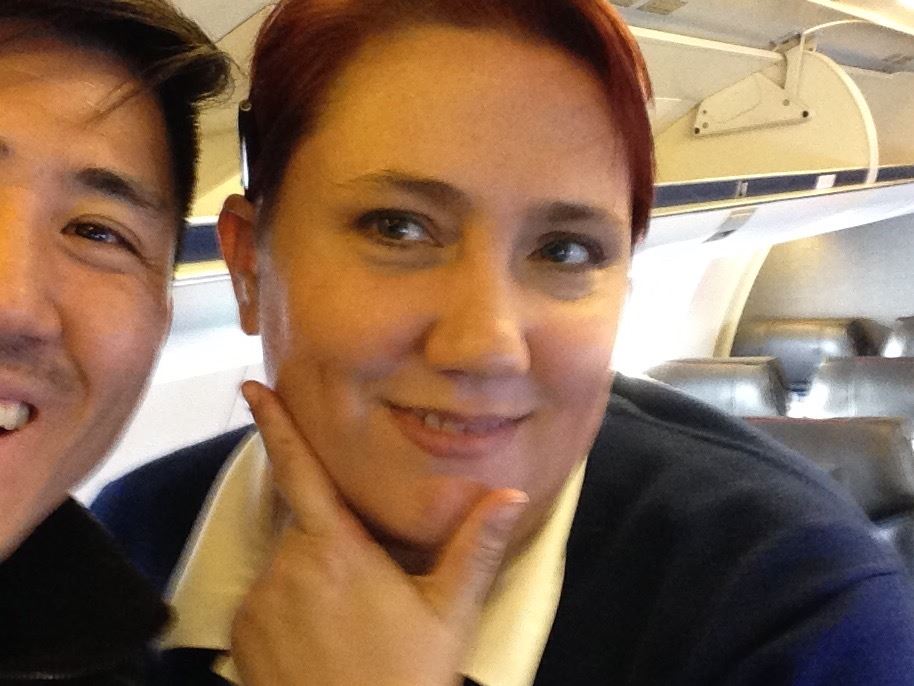I once told my mother, “You’ve lived a life of sacrifice. It’s time you lived for yourself.” She tells me this was a gift: a gift of permission.
As leaders, we often feel pressured to do things for others. It’s our way of being good, caring leaders.
We may also feel that unless we fulfill others’ expectations, we’re not good or good enough.
But what if these pressures and expectations are self-imposed?
Self-imposed notions of “good” or “caring” may be unappreciated—even resented—by others. Thus, “live for yourself” is an invitation, not to be selfish, but to be relieved of the pressure to satisfy false or unrealistic expectations. It is to make room in our relationship for realizing empathy.
